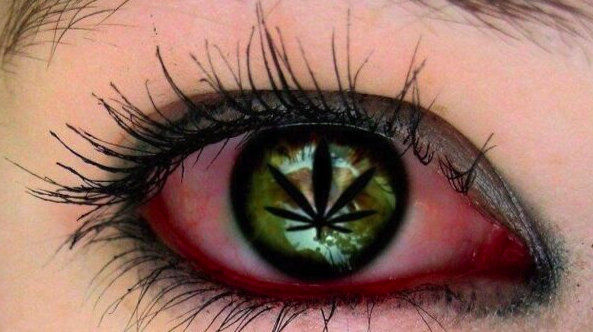The British Medical Journal declares: legalize drugs!
The war on drugs costs every UK taxpayer around £400 a year. The UK is now the world’s largest exporter of legal cannabis, but recreational and medicinal use is criminalised. Scotland has the highest rate of drug deaths in Europe, double what it was 10 years ago. The global trade in illicit drugs is worth £236 billion, but this money fuels organized crime and human misery. Why shouldn’t it fund public services instead?
This is how this week’s editorial opens by Fiona Godlee, editor of the British Medical Journal, the journal of the British Medical Association and one of the most important medical journals in the world. It is a very important position that follows that of the Royal College of Physicians. In a 2016 report, the latter concluded that the “war on drugs” fails to discourage drug abuse. Instead it discourages people with problematic use from seeking treatment and inhibits harm reduction efforts.
Prohibition and violence
In a study by Jason Reed and Paul Whitehouse (doi: 10.1136 / bmj.k1999) English public policies are analysed, in particular those concerning the escalation of violence in the United Kingdom. Well, the Home Office published a report that found no correlation between the harshness of the law and recreational drug use.
Despite the full awareness that drug laws have no real impact on use, the recent government strategy to approach the problem of violence includes substantial investments in the police, and puts repressive policies in the foreground. But according to the authors, prohibition itself causes disharmony and violence, as the new government strategy recognizes: “conflicts in illicit drug markets cannot be resolved through legal channels, so participants can resolve them violently.”
According to Reed and Whitehouse, to reduce violence from the illegal drug trade the British government should replace its repressive approach with legal regulation and support.
Benefits of regulating the sale of cannabis
In the United Kingdom, huge sums are already being spent trying, without success, to interrupt the flow of drugs in cities which often involves vulnerable children, used for the most dangerous passages. Godlee highlights how “in Portugal, where non-violent drug possession has been decriminalised, consumption has not increased, drug-related deaths have decreased considerably”. While countries that have regulated the sale of cannabis see their tax revenues increase. A drug regulation approach, according to Godlee, could divert money from criminal syndicates’ profits to public spending:
- In the quality control of substances.
- In prevention and treatment for problem consumers.
- In education and protection policies for the most vulnerable children.
For Godlee, it’s not about “thinking drugs are good or bad. This is an evidence-based position entirely in line with a public health approach to violent crime. The Serious Violence strategy recognizes the link between prohibition and violence, but proposes spending £40 million on prohibition-related policies.” The editorial concludes: “The BMJ strongly supports efforts to legalize, regulate and tax the sale of drugs for recreational and medicinal use. This is a topic on which doctors can and should make their voices heard.

